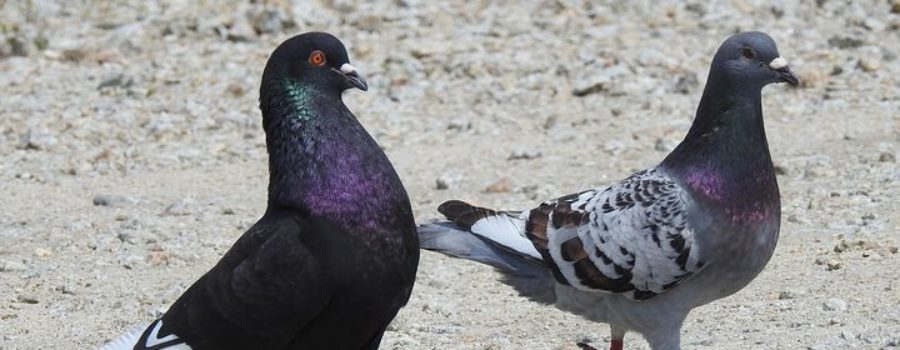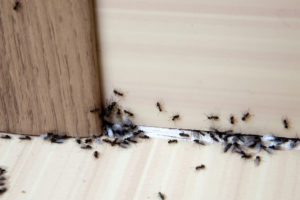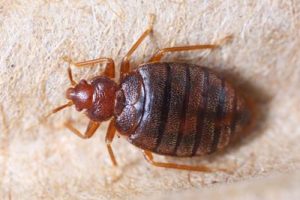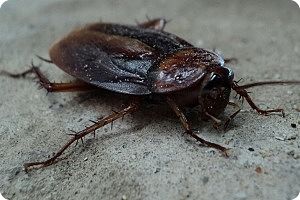Pigeons are monogamous and will lay one to two eggs which hatch within eighteen days. Young pigeons are fed “pigeon milk” which is regurgitated food from both males and females. Peak mating seasons are spring and fall although pigeon mating occurs year round.
Pigeons prefer grains for food and people will commonly feed pigeons unintentionally by spilling food. Pigeons roost in areas above ground and will readily nest in steeples, as well as voids on outside areas of buildings and other protected areas.
Pigeons are dependent on humans to provide them with food, roosting and nesting sites. They are commonly found around agricultural areas, feed mills, warehouses, buildings, solar panels on houses, city parks, bridges, and many other structures.
Pigeons cause disease and damage. Their droppings are known for triggering human slips and falls, as well as accelerating the aging of structures and statues. This makes it imperative to get rid of pigeons in highly trafficked areas. More seriously, pigeons may carry diseases such as cryptococcosis, toxoplasmosis, salmonella, food poisoning, and more. Also, their droppings may harbor the growth of fungus, which causes histoplasmosis. Other pests may live on these birds, including fleas, lice, mites, ticks, and other pests. Pests may also infest nests such as stored product pests.
If you discover pigeons roosting on your property, contact a professional immediately to discuss a proper course of pigeon control.





Leave a Reply
Your email is safe with us.